Tensions mount in Ukraine
Unrest in eastern Ukraine has led to a rise in the price of oil, while stock markets remain sanguine.

Get the latest financial news, insights and expert analysis from our award-winning MoneyWeek team, to help you understand what really matters when it comes to your finances.
You are now subscribed
Your newsletter sign-up was successful
Want to add more newsletters?

Twice daily
MoneyWeek
Get the latest financial news, insights and expert analysis from our award-winning MoneyWeek team, to help you understand what really matters when it comes to your finances.

Four times a week
Look After My Bills
Sign up to our free money-saving newsletter, filled with the latest news and expert advice to help you find the best tips and deals for managing your bills. Start saving today!
Oil prices surged during the week, though stock markets remained broadly sanguine, as tensions continued to mount in Ukraine as key government buildings in eastern towns and cities remained occupied by pro-Russian separatists.
After deadlines to leave were repeatedly ignored, the government in Ukraine's capital, Kiev, sent in security services and troops to recapture the buildings.It also accused Russian Special Forcesof providing weapons and support forthe rebels.
However, Ukrainian forces have only succeeded in clearing one airfield so far, while in one part of the country there are reports that Ukrainian troops have switched sides, surrendering armoured cars to the insurgents.
MoneyWeek
Subscribe to MoneyWeek today and get your first six magazine issues absolutely FREE

Sign up to Money Morning
Don't miss the latest investment and personal finances news, market analysis, plus money-saving tips with our free twice-daily newsletter
Don't miss the latest investment and personal finances news, market analysis, plus money-saving tips with our free twice-daily newsletter
Russian president Vladimir Putin warned that further intervention by the central government risks putting Ukraine "on the brink of civil war".
Meanwhile, Ukraine's central bank raised interest rates sharply from 6.5% to 9.5% to prop up the hryvnia, the country's beleaguered currency, which has fallen by more than 30% this year.
What the commentators said
Ukraine is the victim of Putin's "ambition and spite", said Angus Roxburgh inThe Guardian. But America and Europe have allowed this to happen by their "consistent failure to predict or counter his moves".
They ignored that Putin had "more or less promised" that he would "do anything" to secure Crimea. They need to make it clear that "any attempt to dismember the country will be repulsed by force".
This should be followed by "incentives", such as devolution of power to the regions and guarantees for Russian speakers. Kiev must also get its house in order, and get rid of "far-rightists" who are in the new government.
Russia has denied that those involved in the latest uprisings are its soldiers, said The Economist. But Russia's defence ministry boasted last year of special operations' units in neighbouring countries many think "this has now been seen in action".
Yet the Kremlin is unlikely to want to "annex any more of the country" the cost of keeping the population acquiescent would be too expensive. Putin would prefer the eastern regions "to grab power for themselves... undermining the central government's legitimacy".
Ultimately, Russia "wants to turn Ukraine back into a buffer state, with a level of disorder it can turn up or down". In the end, it may "end up barely a state at all".
Get the latest financial news, insights and expert analysis from our award-winning MoneyWeek team, to help you understand what really matters when it comes to your finances.

-
 Should you buy an active ETF?
Should you buy an active ETF?ETFs are often mischaracterised as passive products, but they can be a convenient way to add active management to your portfolio
-
 Power up your pension before 5 April – easy ways to save before the tax year end
Power up your pension before 5 April – easy ways to save before the tax year endWith the end of the tax year looming, pension savers currently have a window to review and maximise what’s going into their retirement funds – we look at how
-
 Brace yourself for the return of rationing
Brace yourself for the return of rationingOpinion Russia is turning off the cheap energy. That is already leading to belt-tightening, says Matthew Lynn. Who will suffer most, and which sectors will thrive?
-
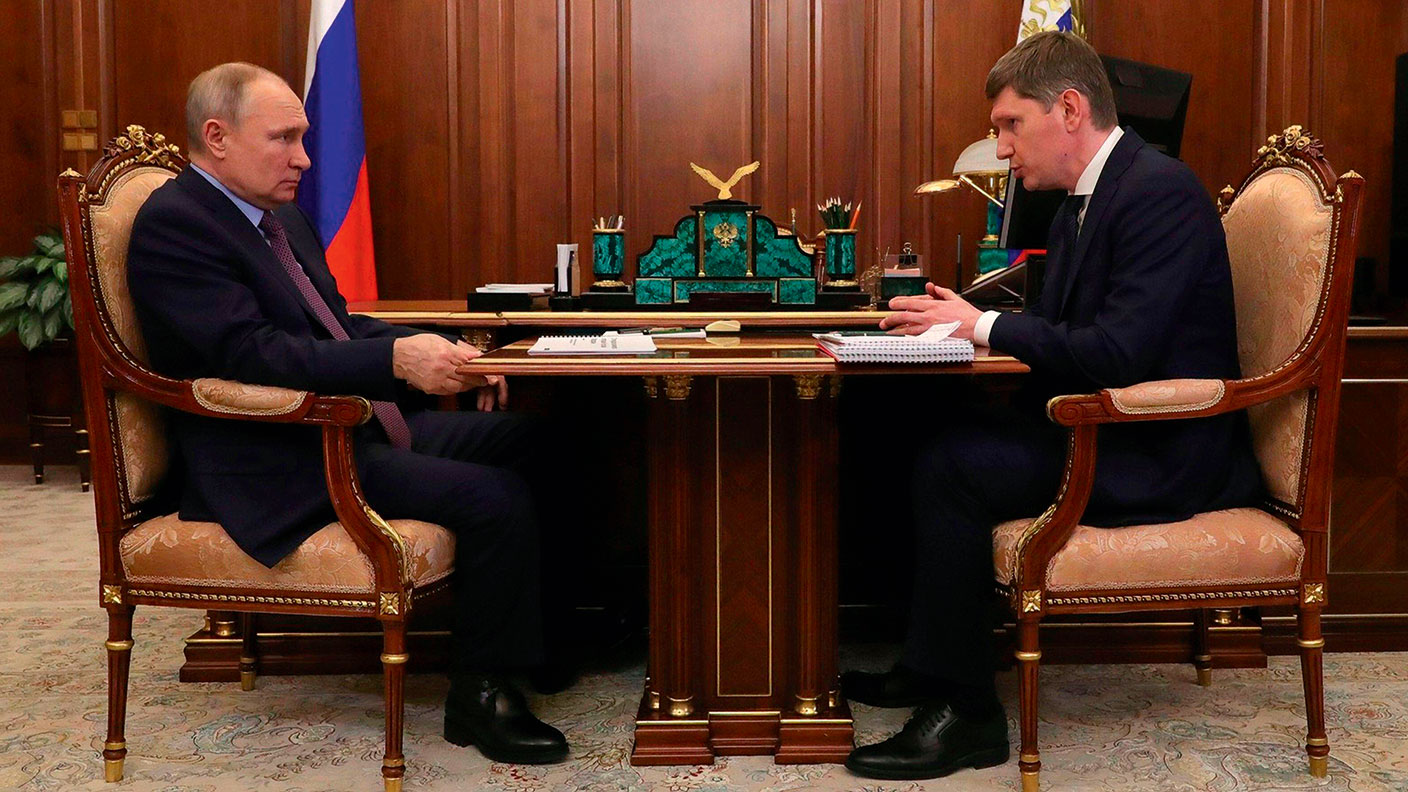 Fortress Russia’s economy is crumbling
Fortress Russia’s economy is crumblingBriefings Vladimir Putin invaded Ukraine in the belief that the Russian economy could withstand whatever the West threw at it. That belief is being severely tested.
-
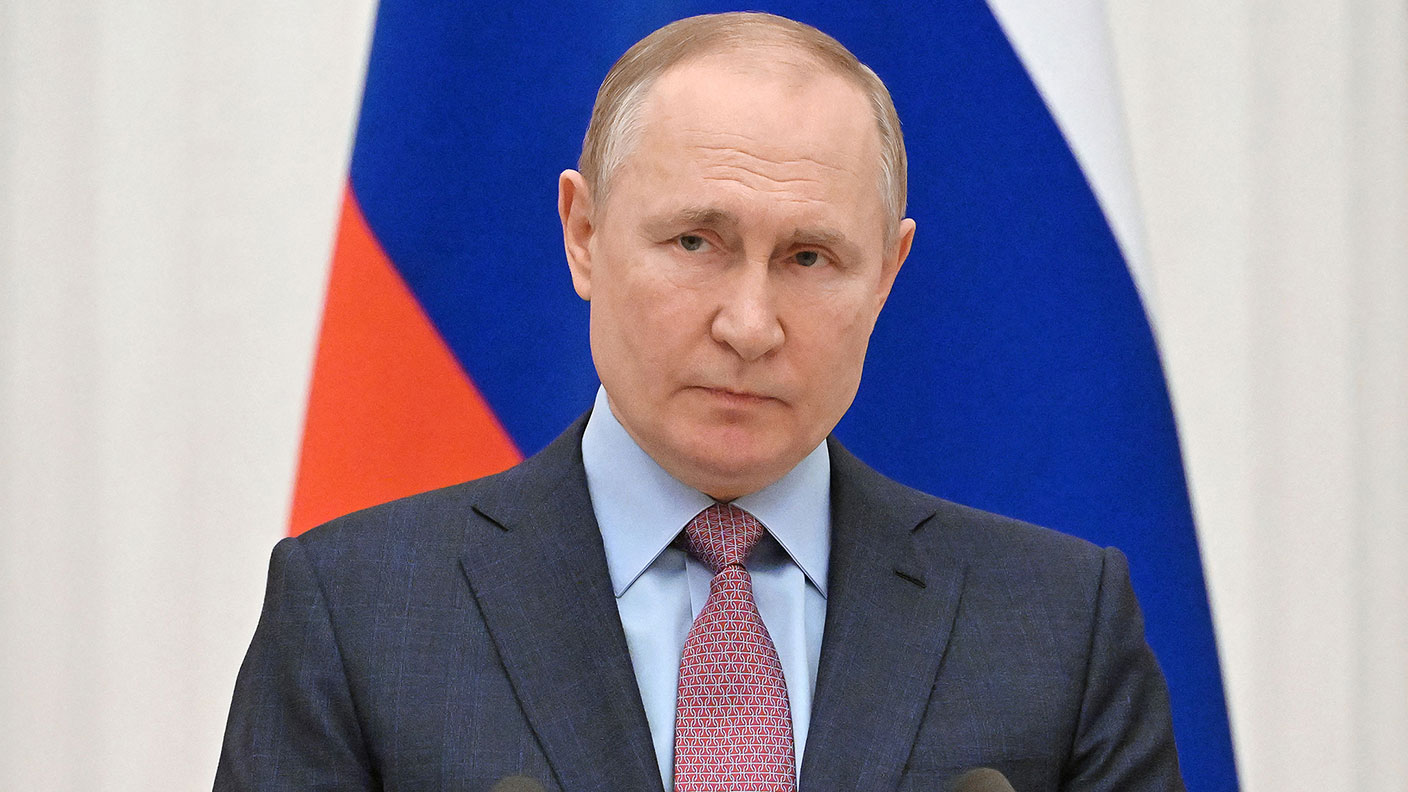 How the West can win Putin’s war on food
How the West can win Putin’s war on foodOpinion The West could easily make up the shortfall if it let the free market rip, says Matthew Lynn.
-
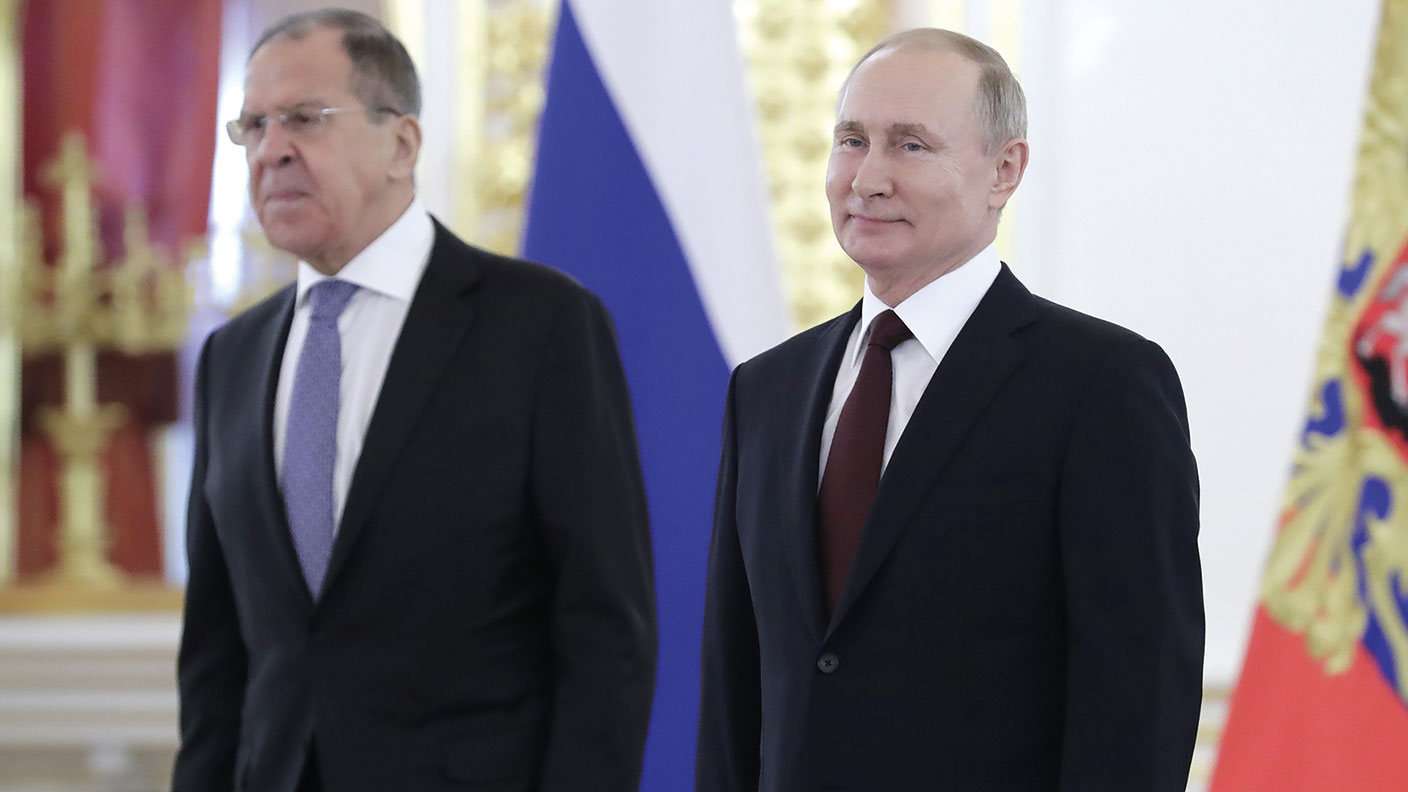 Will the sanctions aimed at Putin have any effect?
Will the sanctions aimed at Putin have any effect?Briefings Russia’s invasion of Ukraine has changed the West’s strategic calculus and tougher than expected sanctions have followed. Will they be enough to change the course of events?
-
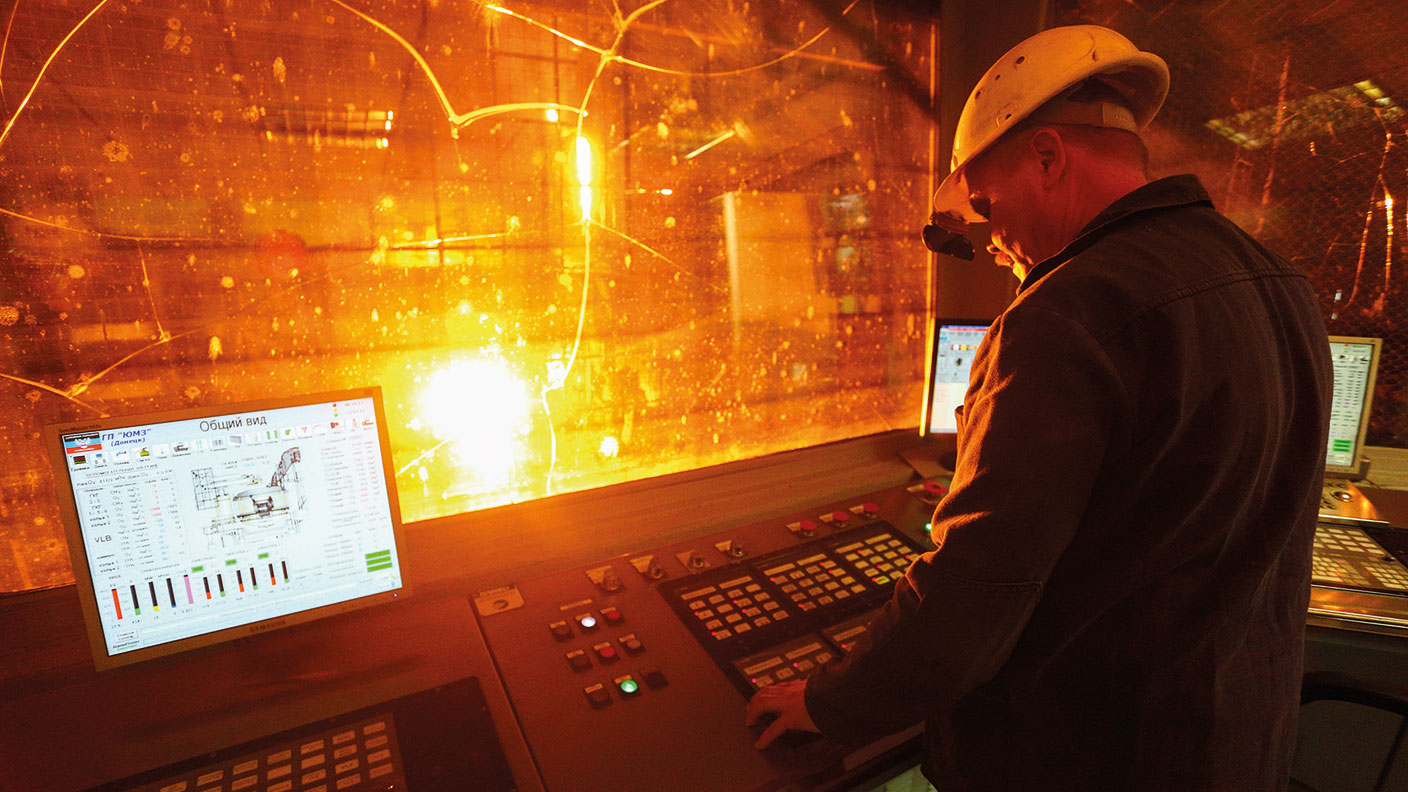 Markets fear inflation more than war
Markets fear inflation more than warNews The world's stockmarkets have dismissed Russia's invasion of Ukraine - preferring to concentrate on the perils of inflation.
-
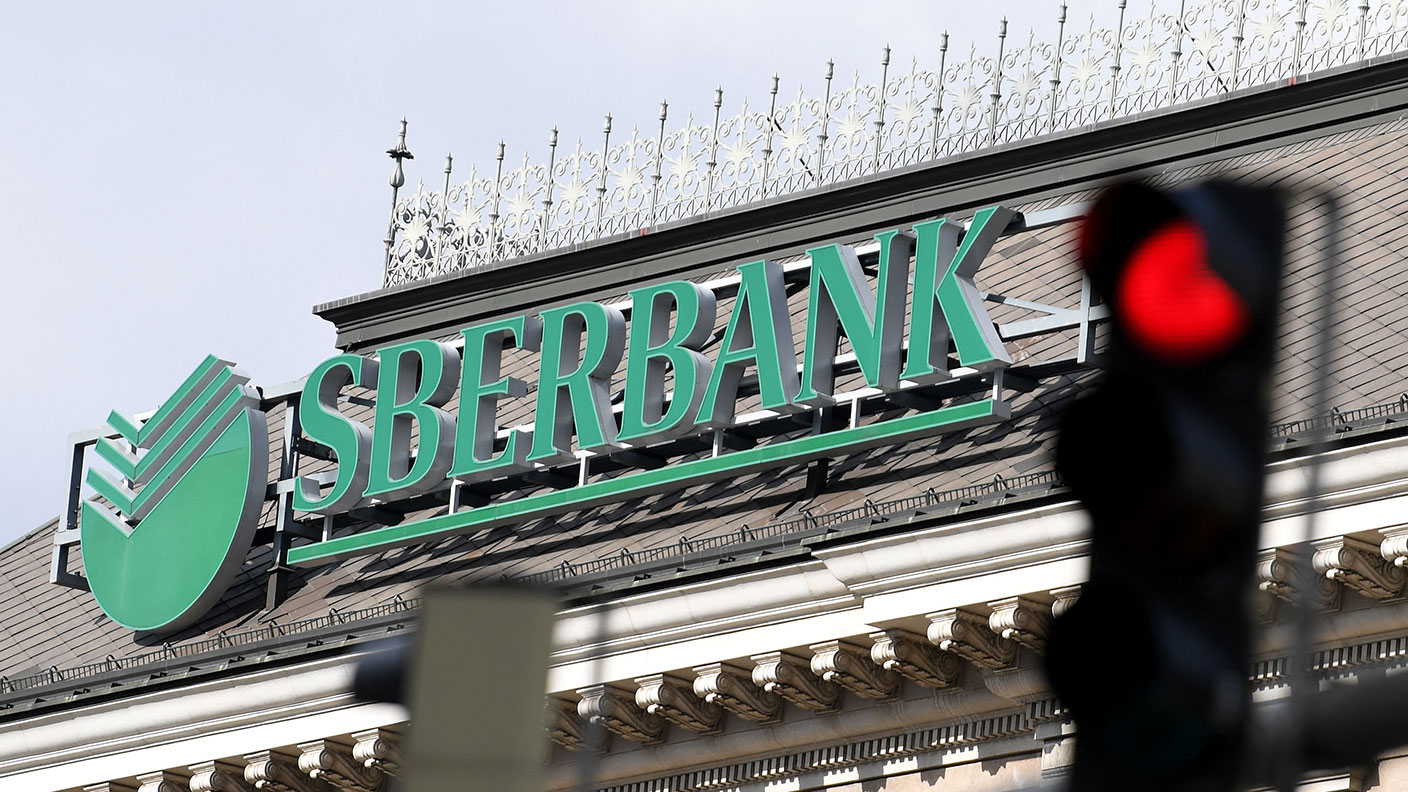 What exclusion from the SWIFT banking system means for Russia
What exclusion from the SWIFT banking system means for RussiaBriefings As part of Western sanctions, many of Russia's banks have been banned from the SWIFT system. Saloni Sardana explains what that is, and how the ban will affect Russia
-
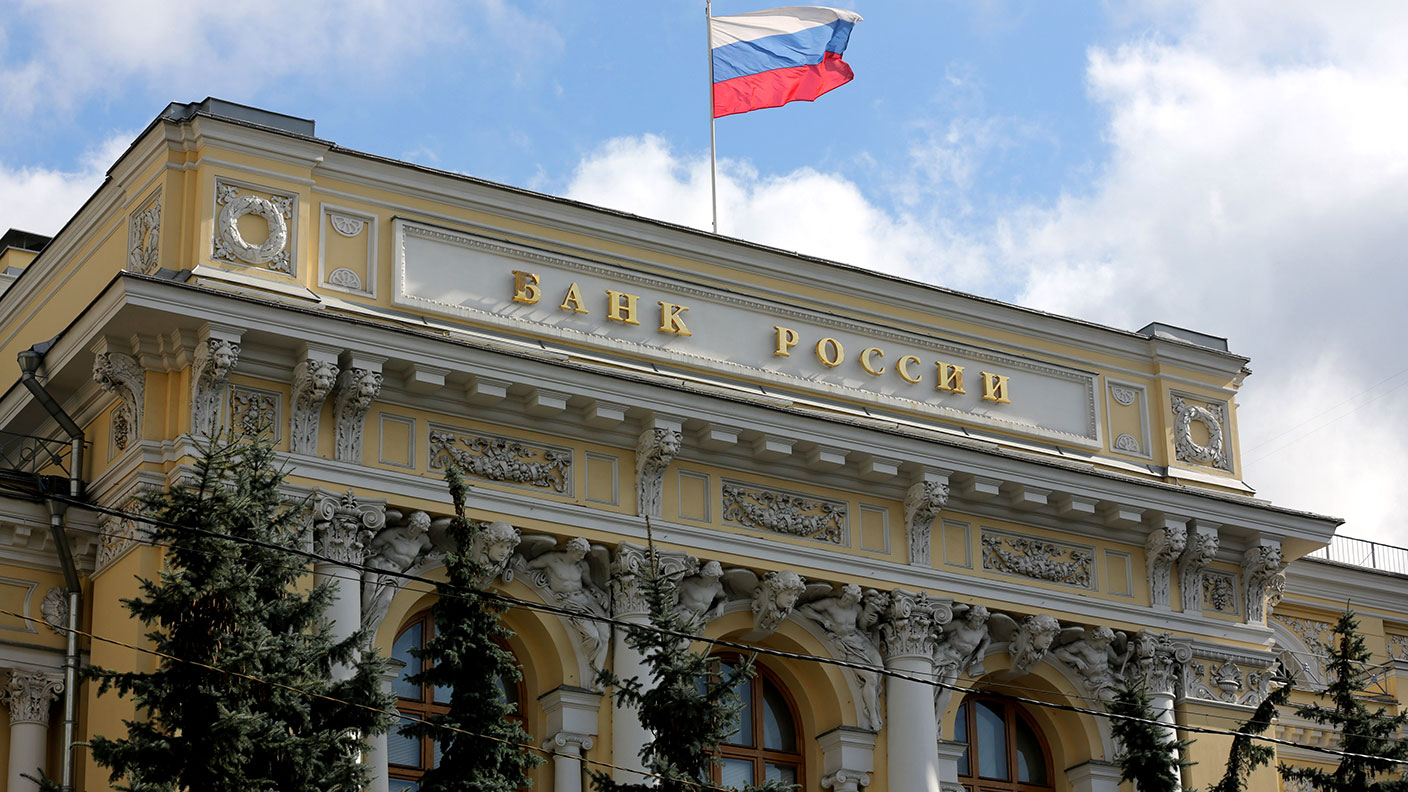 Russia is now a financial pariah. What does that mean for markets?
Russia is now a financial pariah. What does that mean for markets?Analysis With Russia being frozen out of the global financial system, John Stepek looks at what it means for markets, the global economy, and your portfolio.
-
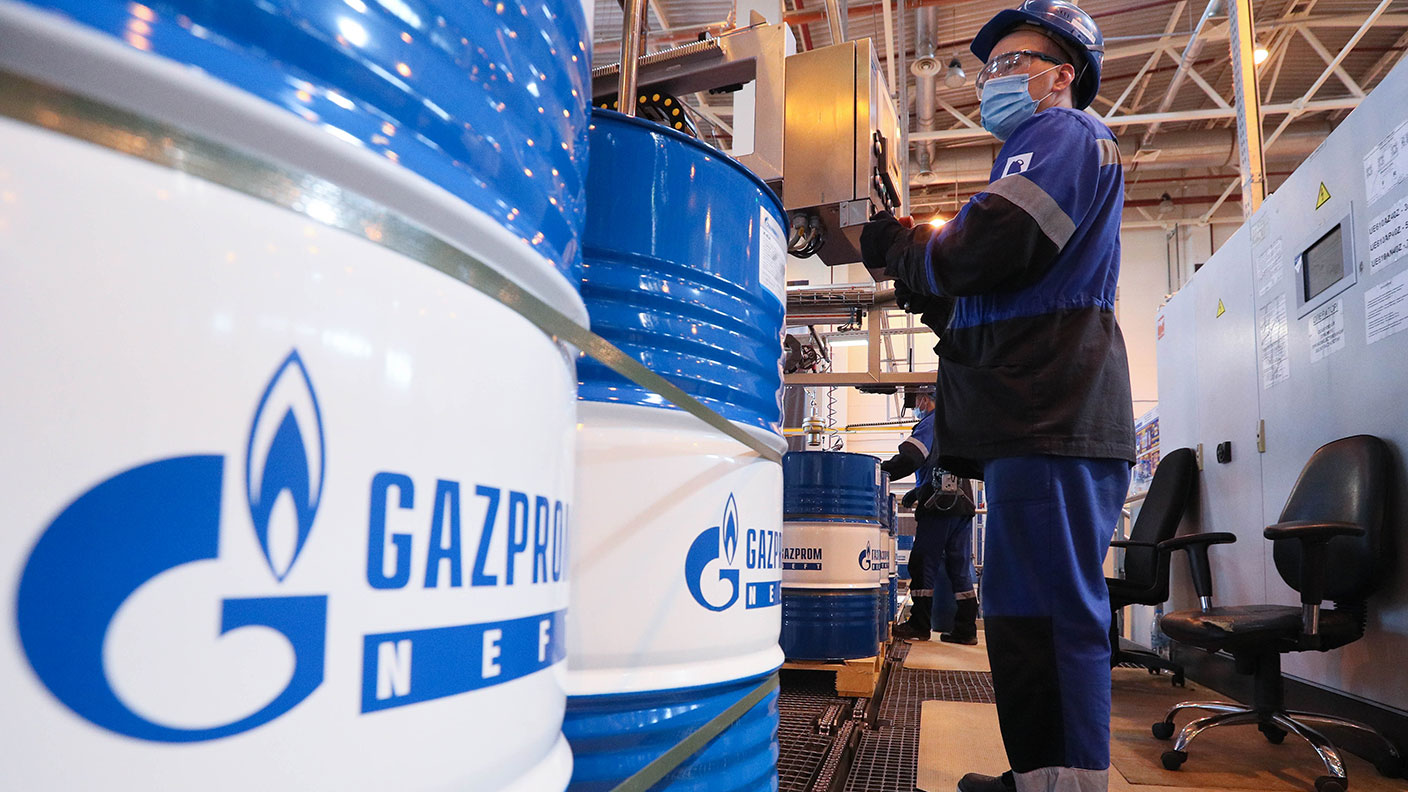 Oil passes $110 a barrel as Russia’s invasion of Ukraine continues – here’s what it means for you
Oil passes $110 a barrel as Russia’s invasion of Ukraine continues – here’s what it means for youBriefings With Russia's invasion of Ukraine intensifying, the price of oil, gas and petrol has soared even further. Saloni Sardana looks at what the future may hold for energy prices.